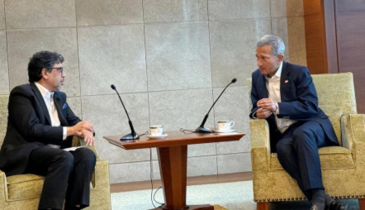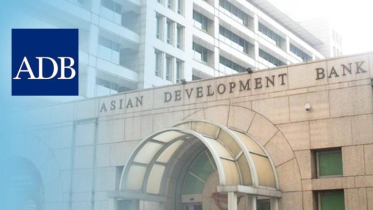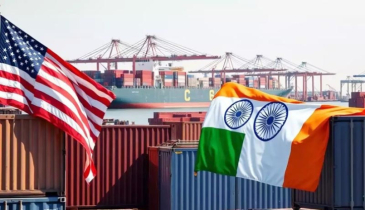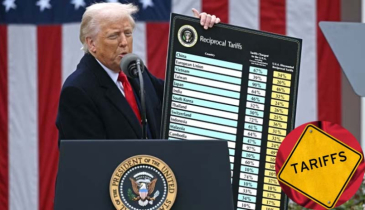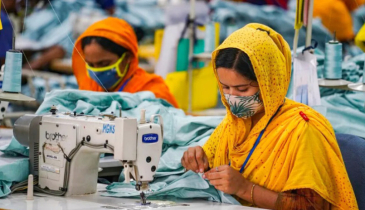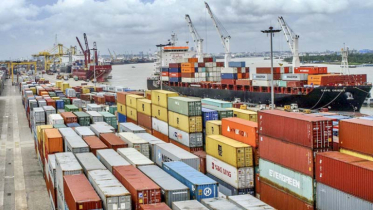German companies turn to Bangladesh amid global trade war
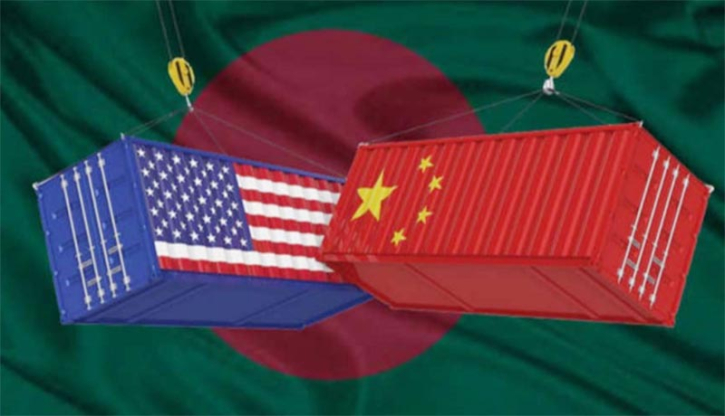
In the wake of escalating trade tensions between the US and China, German businesses are increasingly looking to Bangladesh as a promising alternative for investment and manufacturing partnerships.
Earlier this month, a high-profile German business delegation visited Dhaka to assess opportunities for expanding economic ties with Bangladesh. The group included representatives from Germany’s Foreign and Economic Ministries, as well as officials from its export credit and international development agencies. They participated in the Bangladesh Investment Summit 2025 and held meetings with the country’s interim government.
The visit was organized by the German Asia-Pacific Business Association (OAV), which fosters German commercial interests across Asia.
“Bangladesh has shown remarkable strength as an emerging economy,” said Thomas Köning, CEO of Ospig GmbH and a delegation member. “The country’s macroeconomic indicators and investment conditions appear very attractive for potential investors.”
Almut Rössner, an executive board member of OAV, noted that the goal of the visit was to gather information, build networks, and engage with key figures in the Bangladeshi government. This would help German companies better understand the nation’s reform efforts and investment environment.
Germany and Bangladesh already enjoy strong trade relations, with bilateral trade reaching €8.6 billion ($9.8 billion) in 2023. Germany is currently the second-largest market for Bangladeshi exports, with over 90% consisting of textiles. In return, Bangladesh imports German machinery, chemicals, and electrical equipment.
Several German firms are already established in Bangladesh, particularly in the garments and leather sectors. For example, Ospig GmbH employs thousands to manufacture denim products, while Picard has been producing leather goods in the country since 1995.
Other ventures include joint operations such as Hana System Ltd., a collaboration between German bicycle company Cube and Bangladesh’s Meghna Group.
According to OAV, around 80 German companies maintain a presence in Bangladesh, ranging from representative offices to fully operational subsidiaries. This includes major corporations such as BASF, Bayer, Bosch, and Siemens.
The timing of the German delegation’s visit is notable, as global companies seek stability amid uncertainties driven by trade policies, particularly those from the United States. On April 2, the U.S. government imposed a steep 37% tariff on Bangladeshi exports. Although a temporary 90-day grace period was granted for most trade partners, the policy changes have already impacted Bangladeshi exporters and order volumes.
In 2024, Bangladesh exported roughly $8.4 billion worth of goods to the U.S., with the ready-made garments sector accounting for over $7.3 billion of that total.
With shifting global trade dynamics, Bangladesh’s strategic position and growing capabilities are drawing increasing attention from international investors—especially those in Europe looking to diversify their supply chains.
.png)


